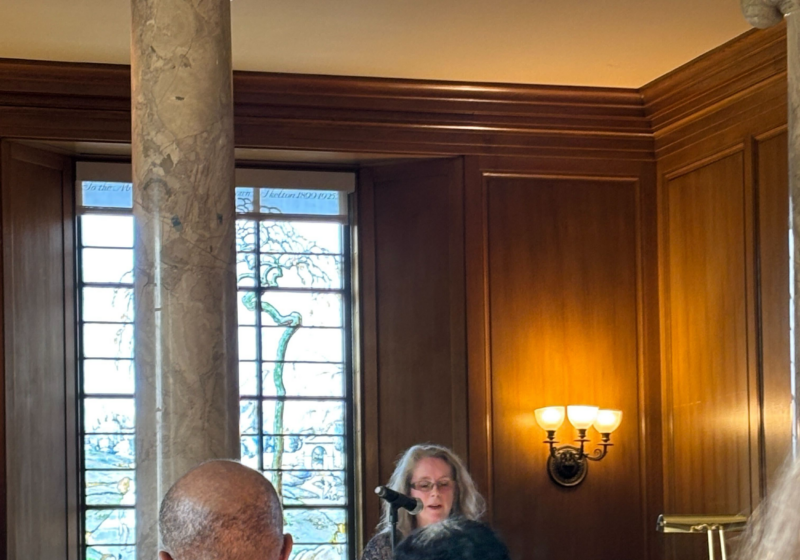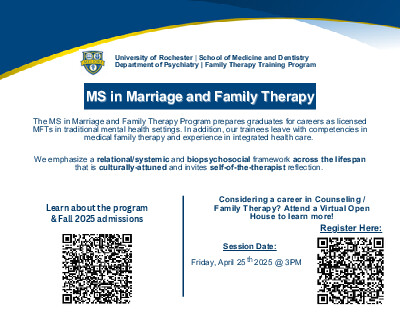When I first read on the Neilly Series poster that Caraid O’Brien was giving a lecture that aimed to “explore the influence of Yiddish theater on American Pop Culture,” I was intrigued and excited to learn more about the presence of Yiddish in contemporary American society. But I was equally upset to learn that like the dying Yiddish language, the “influence” of Yiddish theater is all that is left of its legacy, as there are very few direct traces to Yiddish culture in pop culture.
Rabbi Shamai Kanter introduced O’Brien, citing her devotion to Yiddish literature and theater. He addressed the question of how an Irish woman decided to involve herself in Yiddish culture, drawing comparisons between the Yiddish and Gaelic languages and between writers from the two cultures, proving that the two societies are not as distant as initially perceived. “Irish writers and Jewish writers follow initial rejection, then cultural triumph,” he said. Such is the story of Yiddish theater.
Although most of O’Brien’s speech concerned the history of Yiddish theater and little of it involved its influence on American society, I found the growth of the theater to be extremely interesting. She explained how Yiddish theater was founded by Avram Goldfaden in the late 19th century, performing biblical operettas influenced by the German opera in Romania. It soon became illegal to perform in Yiddish, creating a huge migration of Eastern European artists to America where there was no such ban.
The plays brought the immigrants together who spoke only Yiddish and those who simply missed the Yiddish culture that they left behind. They would see these plays to learn about American culture, where issues such as abortion, adultery and drug abuse were discussed as early as the 1920s, before any other group brought them to the main stage. It was also a way to educate people on what was going on in world drama, as artists such as David Kessler adopted dramas into the Yiddish milieu.
By this time, the productions were sophisticated and not trashy, as many had perceived them to be, since the actors and directors had been training in Europe before working in America.
Although the artists were dedicated to their craft and its audience was dedicated to the performances, the Yiddish theater movement was extremely anti-religious. Plays were held on all of the holidays, including Yom Kippur, and on Shabbat.
Second Avenue, in lower Manhattan, became the Yiddish theater district, attracting attention from artists like Frank Sinatra and George Gershwin. In fact, Gershwin auditioned for a Yiddish theater but was told that his scene was more uptown.
After World War II, however, Yiddish theater died out, leaving only its influences on the theater community. Although I thought that Yiddish theater would have more of an effect on American pop culture, I realize that the influences did have significance. For example, Yiddish theater introduced high drama, song and dance routines, as now depicted through Bollywood films and even the nonsense bickering evident in shows like “Seinfeld” through the Costanzas. Broadway plays like “Fiddler on the Roof,” which was partly adapted from work by Yiddish writer Sholom Aleichem and exudes Yiddish culture, have directly influenced 21st century society.
For those who wish to pursue studies in Yiddish theater, books, plays and even some films exist in translation. O’Brien believes that “every university student in America should be reading Yiddish literature in translation.” Today, Yiddish culture can only hope to live on through the English language and through artists like O’Brien.
Katz can be reached at jkatz@campustimes.org.


